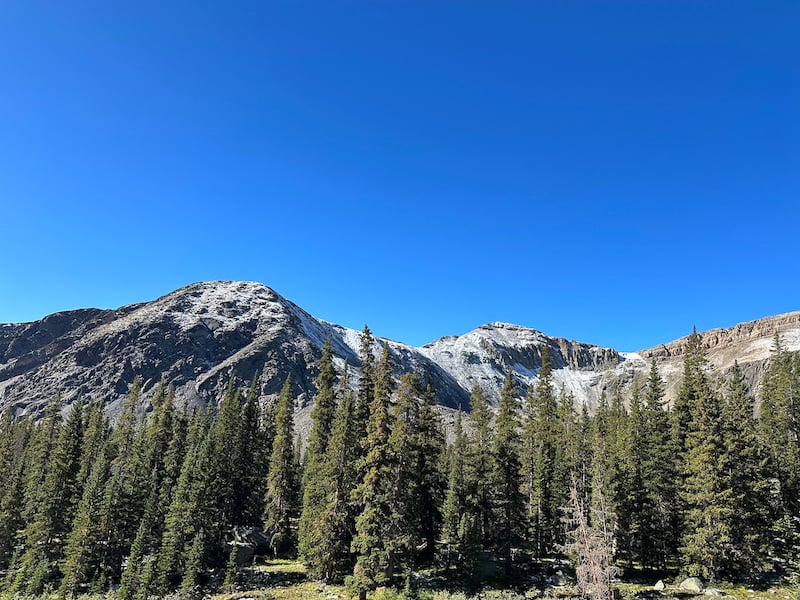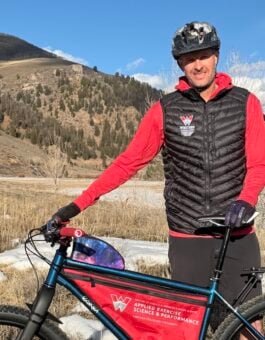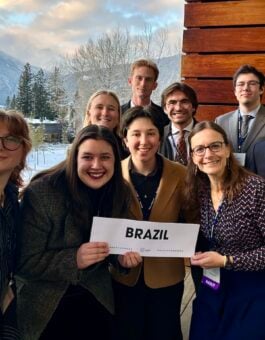Western forests are experiencing unprecedented and alarming growth in severe wildfires, with the area burned in high-severity fires each year fifteen times greater than it was just 40 years ago, according to a new study published in the journal Global Change Biology.
The new research, co-authored by Western Colorado University’s Dr. Jonathan Coop, projects a sobering future for western forests, with severe wildfires expected to increase another fourfold by mid-century.
Dr. Coop, a professor in Western’s Clark School of Environment and Sustainability, collaborated with researchers from the USDA Forest Service to examine wildfire patterns from 1985 to 2022. Their findings show that while the total number of acres burned has increased 10 times over that period, the area burned severely, meaning the fire kills all or most trees, has gone up 15 times.
“What we’re seeing is not just more fire, but fundamentally more destructive fire,” Dr. Coop said. “The implications for forest ecosystems, water resources, and mountain communities are profound.”
The authors used satellite imagery analysis and climate modeling to process data from more than 250 fires and examine fire severity patterns across western forest types.
The research establishes the relationship between climate conditions and fire behavior, showing that larger fires burn more severely and that increasingly arid fire seasons are, at least partly, to blame. Under projected mid-21st century climate conditions, the study predicts average fire years will resemble the catastrophic 2020-2021 wildfire season that devastated western communities.
The findings are immediately relevant for Colorado and the West, where communities regularly face wildfire threats. The authors note that current firefighting and post-fire restoration resources are inadequate for the projected increase in severe fire activity.
The study also emphasizes that without substantial expansion of forest management practices, like ecological thinning and prescribed fire, wildfires will increasingly lead to permanent forest loss.
Want to be a part of the story?
At the Clark Family School of Environment & Sustainability, students dive into immersive, real-world experiences that spark bold ideas and lasting change. Discover our programs and start shaping a better tomorrow.


